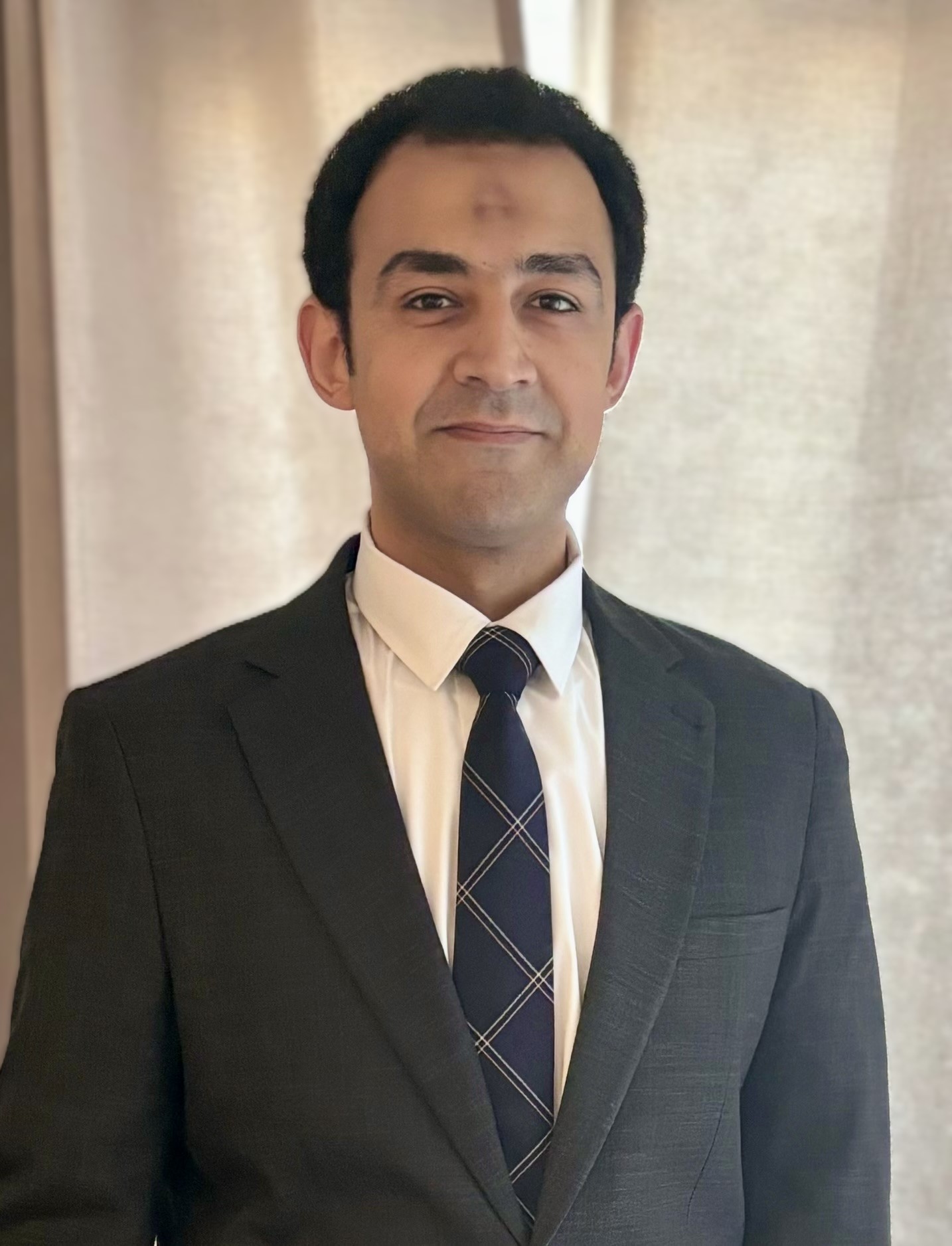
Belal AbdelRahman BSc, MSc, PhD, PEng
Assistant Professor Civil, Geological, and Environmental Engineering- Address
- Room 3B43, College of Engineering
- 57 Campus Drive
- Saskatoon, SK
- S7N 5A9
Research Area(s)
- Structural Engineering
- Performance-based seismic design
- Reinforced masonry and reinforced concrete
- High-fidelity numerical modelling
- 3D-printed concrete
- Smart buildings and machine learning applications
- Climate-resilient structures
- Hybrid simulation and large-scale testing
Education and Background
Dr. Belal AbdelRahman holds a Ph.D. degree in Civil Engineering from Concordia University, and both his M.Sc. and B.Sc. from Cairo University. He is a licensed Professional Engineer and an Associate Member in the Canadian Society for Civil Engineering.
Dr. Abdelrahman’s research experience includes behavior of masonry and concrete structures, large scale experimental testing, analytical studies, seismic behaviour of reinforced masonry walls and buildings, high-fidelity numerical modelling, 3D-printed concrete, and assessment of element- and system-level performance of buildings. Dr. AbdelRahman’s research has been published in peer-reviewed leading journals, such as Engineering Structures, ASCE Journal of Structural Engineering, Journal of Building Engineering, and Construction and Building Materials.
Dr. AbdelRahman completed several professional development programs in teaching and learning and earned a certificate in university teaching. His teaching experience is demonstrated through a wide range of civil engineering courses, including, but not limited to, Precast and Prestressed Concrete Structures, Essentials of Construction, Capstone Civil Engineering Design Project, Structural Systems, Concrete Durability, and Mechanics of Materials.
Research Interests
Through his research, Dr. AbdelRahman aims to leverage his experience to advance the development of sustainable and resilient structures and communities, while also developing innovative solutions to enhance the structural capacity, safety, and durability of existing buildings to mitigate their vulnerability to extreme natural hazards. His research focuses on emerging topics to help address research gaps and industry challenges, such as performance-based seismic design for masonry structures, 3D-printed concrete and automated construction, applications of artificial intelligence and machine learning in reinforced masonry and reinforced concrete structures, smart buildings, hybrid simulation and large-scale testing, and non-linear modelling of structures.
Publications
Google Scholar: Belal AbdelRahman

